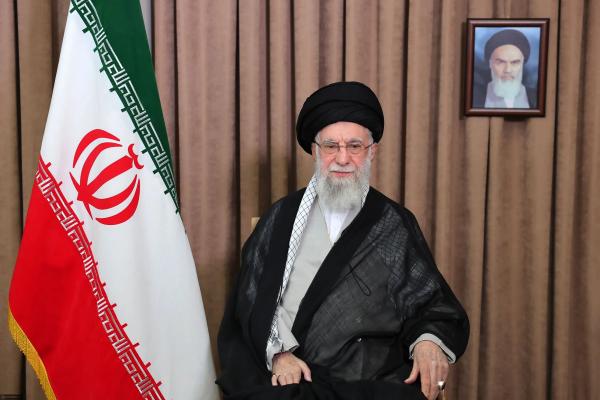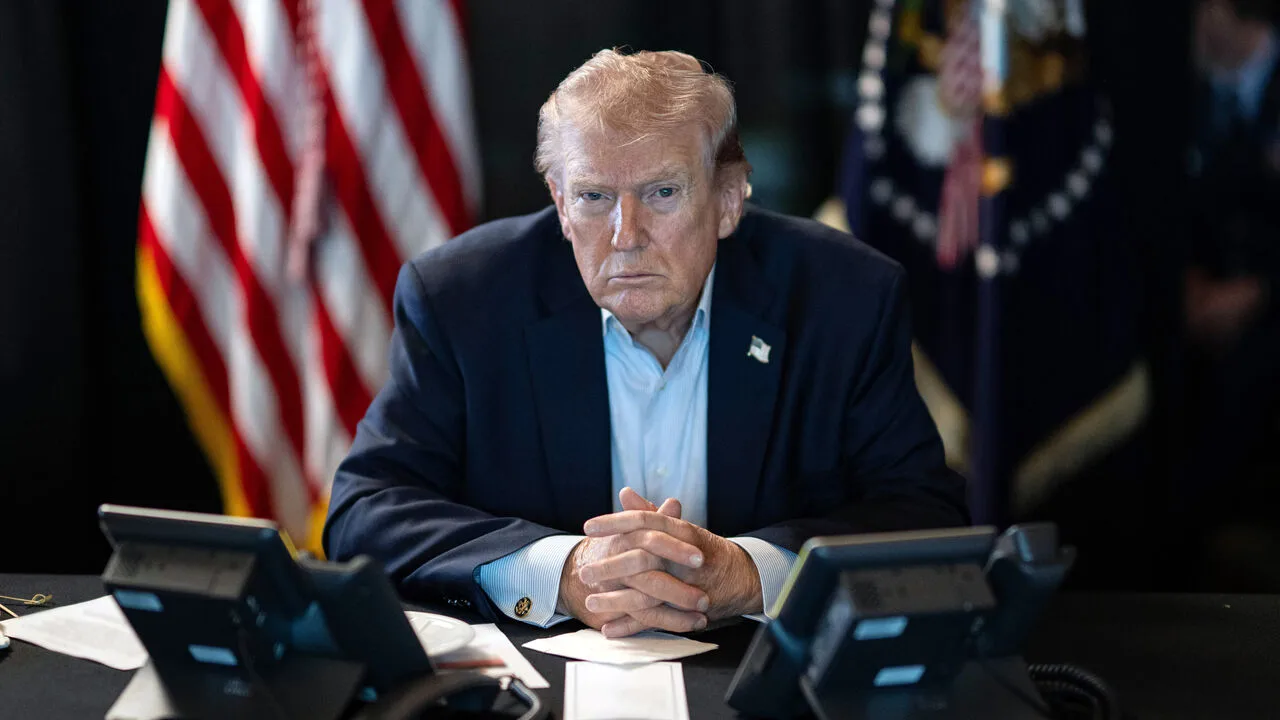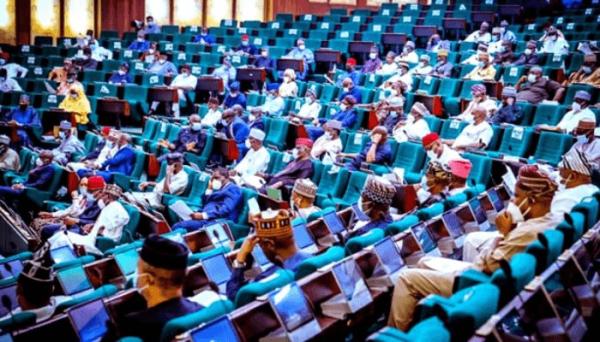
In a new bill presently before the House of Representatives, Nigeria seeks to upgrade its Investment and Security Tribunal (IST) to a superior Court of record and confer on it, jurisdiction and sole powers to entertain capital market criminal matters, when the law is finally enacted.
Section 6(1) of the new bill, provides that the IST “shall to the exclusion of any other courts of law or body in Nigeria, exercise jurisdiction to hear and determine any question of law dispute between capital market operators and clients; investor and a securities exchange or capital trade point or clearing and settlement agency, as well as self regulatory organisations; issuer of securities and the Commission, as well as disputes arising from the administration, management and operations of collective investment schemes.
Experts are however of divergent views on the proposed law. Some investment analysts see the possibility of the new law enhancing the operations of the country’s Investment Securities Tribunal (IST), as they see it as an additional critical measure to forestall abuses and infractions in the capital market, boost the much needed investor confidence and deepen the struggling market.
Some commercial lawyers however, condemn the proposed elevation of the IST to an upper court, which they say could defeat its core purpose of resolving disputes quickly.
But they are also worried that the IST may still be unable to function effectively without bias, unless the proposed law makes it a completely independent body which would no longer rely on the Securities and Exchange Commission (SEC) and the Nigerian Stock Exchange (NSE) for funding.
Constituted in 2002 as part of the Federal Government’s key reform of the financial sector, the IST is a dedicated, specialised and fast-track civil court for the resolution of disputes arising from investments and securities transactions in an accessible, flexible and cost-effective, as well as efficient and transparent manner.
The ISA 2007stipulates that all matters before the Tribunal are to be disposed off within 90 days from date of first hearing.
There are however serious concerns that the tribunal established pursuant to section 274 of the ISA 2007 is unconstitutional, illegal, null and void, on the premise of being conferred with jurisdiction which has already been exclusively conferred upon the Federal High Court by section 251 of the 1999 constitution.
There are also concerns that the judgments, decrees, orders and other acts of the tribunal from its inception till now, are unconstitutional and illegal.
But the proposed exclusive jurisdiction about to be conferred on the Tribunal, not only legalises the institution, but the Federal High Court, High Court of a State or of the Federal Capital Territory, or any other Court, shall cease to have jurisdiction in relation to such matters adjudicated by the Tribunal, according to section 10 of the bill.
The move is expected to boost investor confidence, attract and protect new investments, especially from many multinational companies which governments expect to list on the Nigerian Stock Exchange (NSE).
“I think it is in line with agitations that some of us have been pushing for some time now, that we should have commercial courts where the judges will be equipped with the skills and knowledge of commercial courts.
In the case of IST, the bill will elevate IST to be of equal jurisdiction with a high court, said Johnson Chukwu, CEO, Cowry Assets Management limited in a telephone interview.
“Again, it will make it possible for all capital cases to be handled by the IST where the judges will be better trained on Securities and Investment matters.
That way, we are going to get faster disposal of cases and a fairer judgement by more informed judges,” Chukwu added.
Recall that the crisis which rocked the nation’s capital market led the market to nose-dive from an all time high of N13.5 trillion in March 2008 to less than N4.6 trillion by the second week of January 2009.
Unfortunately, some asset managers who were accused of fixing stock prices and heightened the impact of the capital market crash, escaped prosecution due to lack of specialised courts for such offences.
To forestall such incidences going forward, the law makers are also in the process of amending the Nigerian Constitution, Cap C.23 Laws of the Federal Republic of Nigeria, 2004 for the establishment of the investments and securities Act.
“The key thing is that you know that if you have dispute, there is an arbitar who is knowledgeable enough to dispense justice on a timely basis. Then you will be rest assured that even if you go into an issue, if you have a case involving investments within the country, there is a specialised court where such cases can be expeditiously handled, than when they go to commercial courts where it could take ages to be disposed of. And for business people, time means money,” Chukwu said, justifying the essence of the proposed law.
“So it will kind of engender confidence in operators and investors that where there is dispute, the issues will be permanently resolved and there is every possibility that the judgement will be fair to all parties.”
It was also gathered that with the new status, the IST will have and exercise jurisdiction for enforcement of the award, decision, ruling or order made by any arbitral tribunal or commission, administrative body or board of inquiry, relating to or connected with, arising from or pertaining to any matter relating to or connected with investments and securities.
The legislation also empowers the Tribunal to exercise its jurisdiction to interpret any law, rules or regulations; international convention, treaty or protocol ratified by Nigeria, relating to the capital market or matter connected therewith.
Section 15 of the Act, provides that any person aggrieved by any action or decision of the Securities and Exchange Commission (SEC) may institute an action in the Tribunal or appeal against such decision within 14 days.
The Cowry Asset CEO, clamoured for proper and independent funding of the IST, inorder to remove any form of bias in the new dispensation.
“I think what must be incorporated in the funding of the court. The IST today is not properly funded, and a lot of times, it will now depend on funding from SEC and may be the Nigerian Stock Exchange (NSE). And since it’s supposed to be a neutral arbitar, it should not draw funding from one of the institutions it sits in judgement on.
Certainly, if it draws financial resources from such institutions, it is likely going to be biased,” Chukwu said.
“So the law should make sufficient provision for the funding of the IST from the consolidated revenue of the Federal Government under the judiciary.
“It should draw, like other federal courts draw from the consolidated pool,” he further suggested.
But former President of the Nigerian Bar Association (NBA), Olisa Agbakoba SAN, has in strong terms condemned the proposed elevation of IST to a superior court of record and confering on it jurisdiction and sole powers to entertain capital market criminal matters, when the law is finally enacted.
Agbakoba, in an interview with BusinessDay, said the bill cannot be supported because around the world, there are courts and tribunals, as such, the bill is an issue of status symbol, but there is need to take into cognisance, the basis of dispute resolution mechanism on issues that are not easily amenable to being resolved by adjudication.
According to him, “adjudication is a process where for instance, in London, parties opt out of the court system because they want to resolve their disputes quickly and commensurately.
“It will be preposterous for an adjudicator to suggest by way of a bill to parliament, that he now wants to become a court of adjudication or a superior court; it just does not make sense, because the purpose of adjudication is to resolve disputes quickly.
“The capital market is a place where decisions have to be taken very quickly and if there is a dispute, it has to be resolved very quickly, therefore the government set up the IST, not to become judges of the high court, but to become adjudicators who deal with capital market issues”.
He averred that “for speed of justice, it is wrongly thought of, the concept is wrong, more important is the failure of the proposers of the bill to understand the essence of different types of dispute resolution mechanisms.
There is a formal type which we call, judges of the Supreme Court of record, which are judges of the high, appeal and Supreme Court.
“Then we have judges of the inferior courts, which are the magistrate courts, then we have the tribunals that resolve disputes such as adjudicators, employment tribunals, IST, court marshals, these are places where you can have your matter resolved with speed with formalities like the lawyer gown, no rules of evidence, just common sense.
“So if you now make the IST a formal court, then cases in the capital market would simply take three to five years to get resolved and that is not good for business.”






















